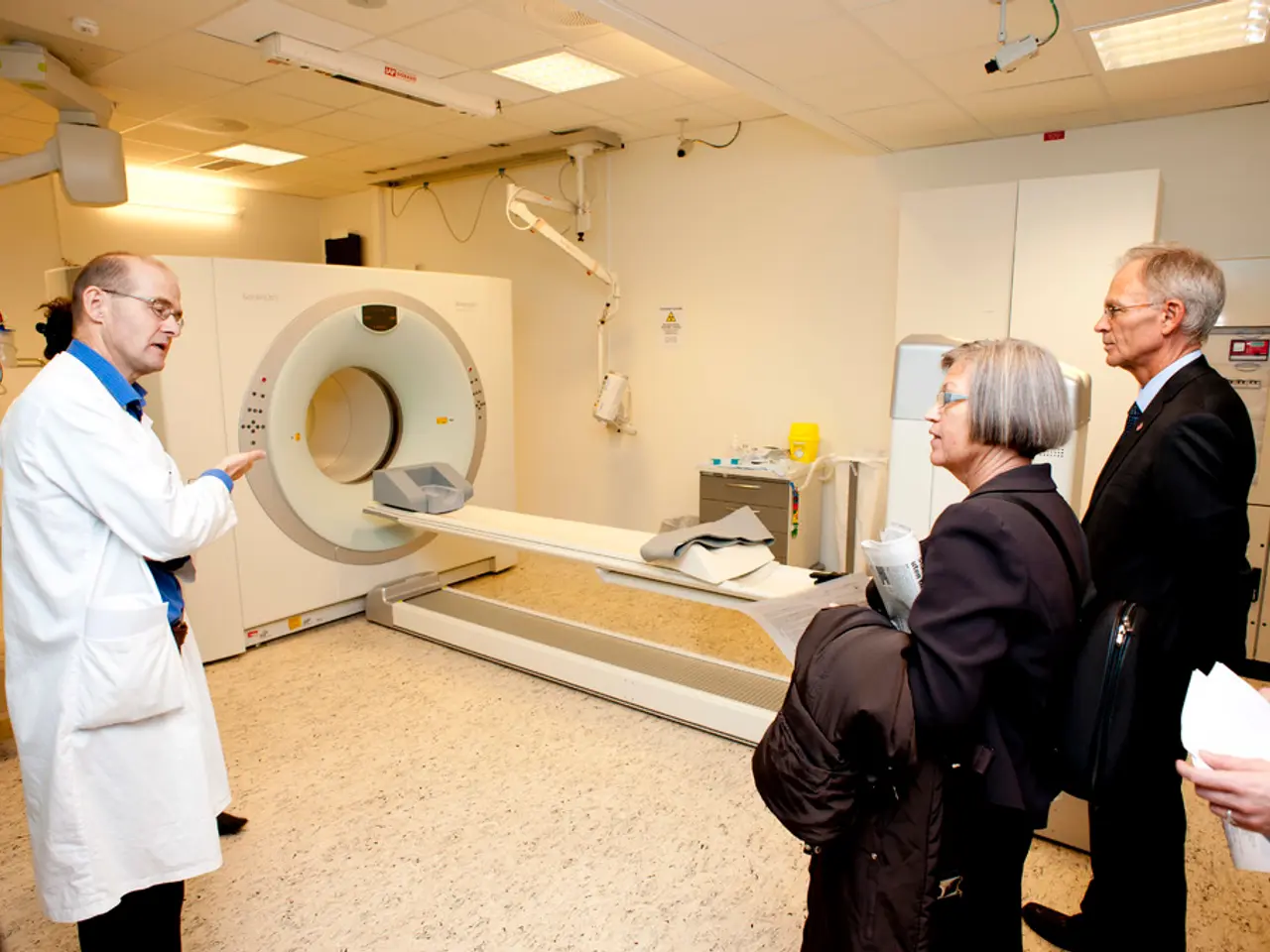Top 6 Prevalent Sources of Medical Mistakes
Does the medical industry ever give you the heebie-jeebies? Let's take a look at the top six root causes of medical mistakes in healthcare that often cause a ruckus and leave us questioning our faith in the system.
- Medication Errors - You might think popping a pill should be a simple task, but nope! Medication errors can happen as early as prescribing, dispensing, or administering. These mix-ups can range from the wrong dosage to the incorrect medication or a harmful drug interaction. Who knew drug names had doppelgängers? Or that a simple doctor's scribble could lead to disaster?
Families hit hardest by these errors are quick to seek the help of personal injury lawyers when negligence is suspected. The legal process might offer some semblance of accountability and compensation, but the real prize is shining a light on the dire need for change.
- Communication Failures - Picture this: You're dealing with a ticking clock, a daunting responsibility, and critical patient information that could slip through the cracks. Poor communication often rears its ugly head in handoffs between shifts, referrals, and emergency discussions. When crucial patient details go missing, misinterpreted, or never shared, the risk of error skyrockets faster than you can say "pass the torch."
Electronic health records were meant to be the solution to streamline data sharing, but if systems aren't fully integrated, or if maintenance takes a back seat, communication gaps can still open wide and mar the effectiveness of the medical miracle workers.
- Inadequate Staffing and Fatigue - When the pressure is on, and the clock is ticking, we all make mistakes. Couple that with long shifts, night duties, and constant patient demands, and you've got a recipe for a miserable medical mishap waiting to happen. The healthcare environment is a pressure cooker, and when staff are overworked, the likelihood of making mistakes takes a leap.
When healthcare facilities face budget cuts or sudden rushes of patients, staffing levels get stretched thin, and nobody wants to miss any details or skip double-checking medications. Unfortunately, these oversights can have drastic consequences for our well-being.
- Lack of Standardized Procedures - The medical industry is filled with countless departments and professionals who may have differing opinions on the best way to do things. Without established, standardized guidelines, patient safety can take a rollercoaster ride.Whether it's sterilizing surgical tools, documenting symptoms, or post-op care, every step needs consistency to maintain high quality and reduce risk.
Healthcare providers often rely on informal training methods or personal habits instead of evidence-based procedures. When these inconsistencies open gaps, errors can find their way in and wreak havoc.
- Inadequate Patient Information and History - Access to accurate patient history crucial for safe and effective care. Missing or incomplete information can lead to incorrect diagnoses, ineffective treatments, or ignored allergies, especially in emergency situations when quick decisions are critical.
Sometimes, patients are unable to provide a thorough history, due to language barriers, unconsciousness, or mental health disorders. When dishing out the info is challenging, errors can find their way into the record.
- Technology and Equipment Failures - Modern technology aims to make our lives easier, but sometimes it comes with unintended consequences. Equipment malfunctions, software glitches, or inaccurate lab machines can lead to serious medical errors. Worse yet, we may not even notice the errors until it's game over.
The healthcare journey doesn't have to be like navigating a minefield, but addressing these common and often deadly medical errors requires more than just band-aids. It requires a dedicated effort, a complete overhaul of the system, and a commitment to learning from our mistakes. Let's strive for safer, more efficient, and compassionate healthcare for everyone.
ALSO READ: 5 Game-Changing Technological Advances that are turning heads
- Supplements and Nutrition: In the realm of workplace wellness, many employees turn to dietary supplements and a balanced diet for better health. However, misinformation or unregulated supplements can lead to medical conditions like liver damage, kidney problems, or even adverse interactions with prescribed medications.
- Mental Health and Sleep: Addressing mental health is pivotal in the health-and-wellness sphere. Sleep disturbances and mental health concerns can snowball into a host of other issues if left untreated. Insufficient sleep can exacerbate symptoms of anxiety, depression, and even lead to weight management problems.
- Fitness and Exercise: Regular fitness and exercise are cornerstones of physical well-being, but some may resort to extreme routines or improper techniques, putting undue stress on the body and potentially worsening existing medical conditions.
- Skin Care: The skincare industry is booming, yet misuse of products and improper treatments can lead to skin irritations, allergic reactions, or even :ageing of the skin prematurely.
- Therapies, Treatments, and Medicare: As we age, managing healthcare costs becomes crucial. Medicare is designed to help, but navigating its intricacies can be complex, leading to costly mistakes or missed treatments.
- CBD and Alternative Medicine: CBD is increasingly popular for managing pain and anxiety, but with its non-prescription status, lack of standardization, and potential interactions with medication, it's essential to approach it with caution and seek advice from healthcare professionals.
- Lastly, weight management is a significant concern for many, and numerous therapies and treatment options are available. However, quick fixes or untested weight loss aids can lead to severe health complications, underlining the need for evidence-based approaches and professional guidance.








